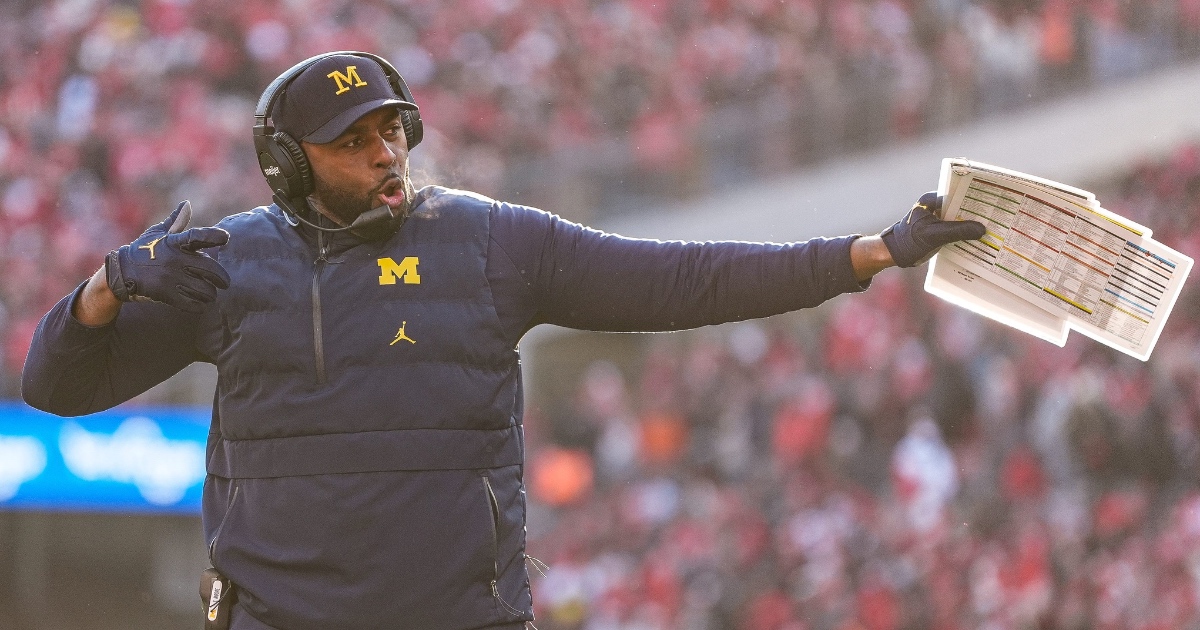Some members of Israel’s coalition have ruled out a proposed hostage deal with Hamas, but the prime minister has yet to state his position.

Aug. 19, 2025Updated 10:28 a.m. ET
Far-right members of Prime Minister Benjamin Netanyahu’s coalition denounced a proposed cease-fire deal with Hamas that would see the release of some of the remaining hostages held in Gaza in exchange for Palestinian prisoners.
Hamas said on Monday it had agreed to the terms of a deal presented by Qatari and Egyptian mediators. But a flurry of statements from hard-liners in Mr. Netanyahu’s coalition illustrated the pressure he was under over the latest proposal, which would force him to forgo his stated plan to send the Israeli military into Gaza City, at least in the near term.
“Going for a partial deal is a moral folly and a difficult strategic error,” Moshe Saadeh, a lawmaker in Mr. Netanyahu’s Likud party, told Israel’s Channel 14 on Tuesday. “In the end, it will strengthen Hamas,” he added.
Both Israelis and Palestinians have referred to the latest proposal as a “partial deal” because it postpones addressing key disputes between Israel and Hamas. It neither ensures the release of all the hostages nor the end of the war, though theoretically it could tackle them in a second stage.
Hamas has said it is willing to release all the hostages on the condition that Israel ends the war. But Hamas has not publicly accepted Mr. Netanyahu’s conditions for doing so, which include the group’s disarmament.
The gulf between Hamas and Israel’s position, analysts say, suggests that a partial deal is more realistic than a comprehensive one.
Image
The terms approved by Hamas were similar to those Israel has previously accepted and include both a temporary cease-fire and a path to an agreement to end the war, according to officials briefed on its contents, who spoke on condition of anonymity to discuss sensitive diplomacy. Mr. Netanyahu has not publicly shared his position on the new cease-fire proposal.
In July, President Trump said Israel had agreed to “the necessary conditions” to finalize a 60-day cease-fire, during which the United States would “work with all parties to end the war.” At the time, the agreement on the table called for the release of 10 living hostages and the bodies of 18 others during the 60-day period in exchange for Palestinian prisoners. Talks to reach that deal ultimately collapsed.
In six weeks, the war will enter its third year. Some 1,200 people were killed and 251 abducted in the Hamas-led attack that ignited the war on Oct. 7, 2023, according to Israeli authorities. Since then, more than 60,000 Palestinians in Gaza have been killed, said the Gaza health ministry, which does not differentiate between civilians and combatants in casualty counts.
Itamar Ben Gvir, the national security minister, said on Monday that Mr. Netanyahu does not have a “mandate to go to a partial deal.”
Bezalel Smotrich, the finance minister, rejected what he called “stopping in the middle with a partial deal that abandons half of the hostages and that could lead to the suspension of the war in defeat.”
“It is forbidden to surrender and give a lifeline to the enemy,” he said.
Mr. Netanyahu relies on the support of Mr. Ben Gvir’s and Mr. Smotrich’s parties to maintain the stability of his government.
Last week, Mr. Netanyahu suggested Israel was no longer interested in a deal that would involve the release of only some hostages.
“I think that is behind us,” he told the Hebrew-language channel of i24 News.
Image
But on Tuesday, Gila Gamliel, a minister in Israel’s security cabinet and an ally of Mr. Netanyahu, did not rule out the latest offer.
“There’s a proposal,” she told Channel 14. “We know what it says.”
“We will examine what we will say about that,” she added.
In early August, Steve Witkoff, the Trump administration’s special envoy for peace missions, told families of Israeli hostages at a meeting that President Trump now wanted to see all the living hostages released at once.
“No piecemeal deals, that doesn’t work,” Mr. Witkoff said, according to an audio recording of part of the meeting published by the Ynet Hebrew news site. “Now we think that we have to shift this negotiation to ‘all or nothing’ — everybody comes home,” he said.
“We have a plan around it,” he added, without elaborating. A participant in the meeting confirmed that Mr. Witkoff made such remarks.
The shift in focus from “all or nothing” to a partial deal came after Mr. Netanyahu advanced his plan for the military to occupy Gaza City.
Egypt and Qatar, both strongly opposed to the prime minister’s plan, helped craft the new terms for a cease-fire. While the countries have been calling for an end to the war, their proposal likely focused on starting with a partial deal because they were aware of the irreconcilable positions Israel and Hamas have staked out on ending the conflict.
“They’re trying to force Israel not to invade Gaza City,” said Tamer Qarmout, a professor of public policy at the Doha Institute for Graduate Studies. “That’s the basic goal.”
Adam Rasgon is a reporter for The Times in Jerusalem, covering Israeli and Palestinian affairs.
.png)
 German (DE)
German (DE)  English (US)
English (US)  Spanish (ES)
Spanish (ES)  French (FR)
French (FR)  Hindi (IN)
Hindi (IN)  Italian (IT)
Italian (IT)  Russian (RU)
Russian (RU)  3 hours ago
2
3 hours ago
2









Comments